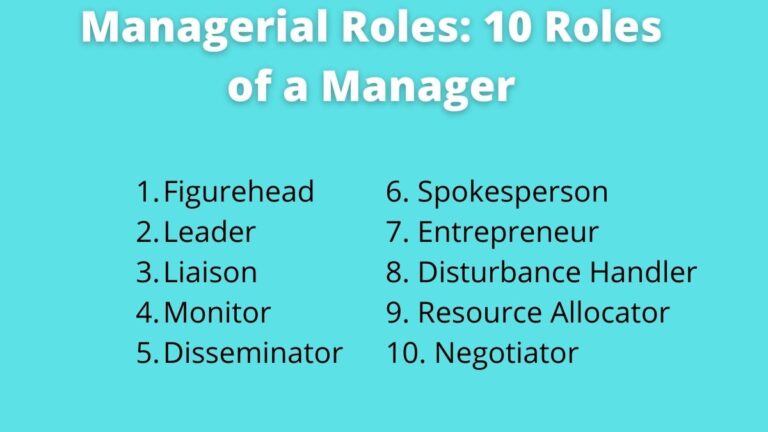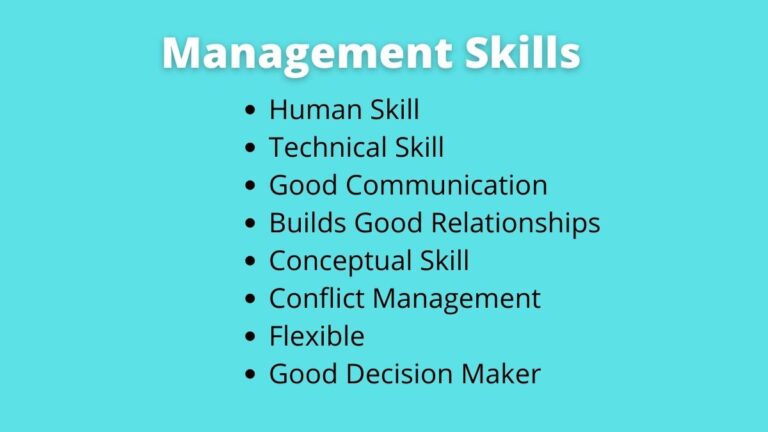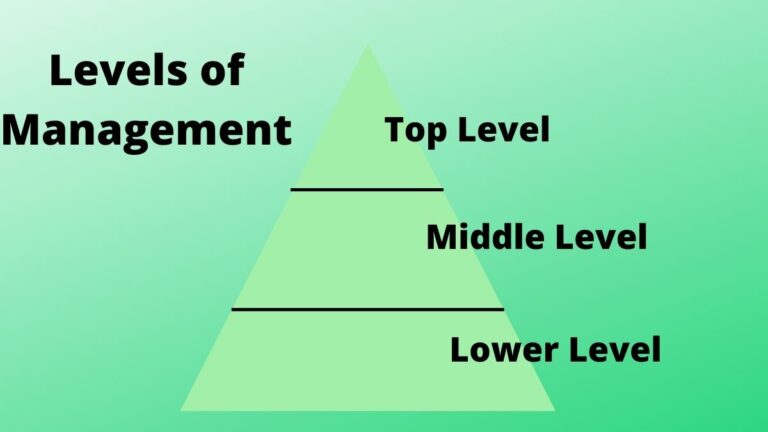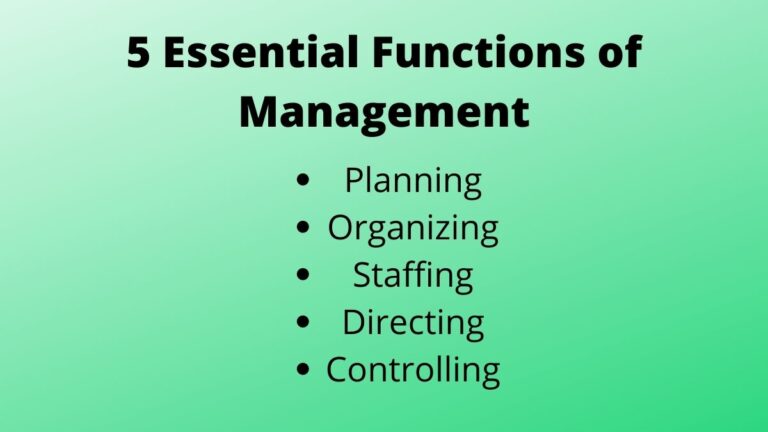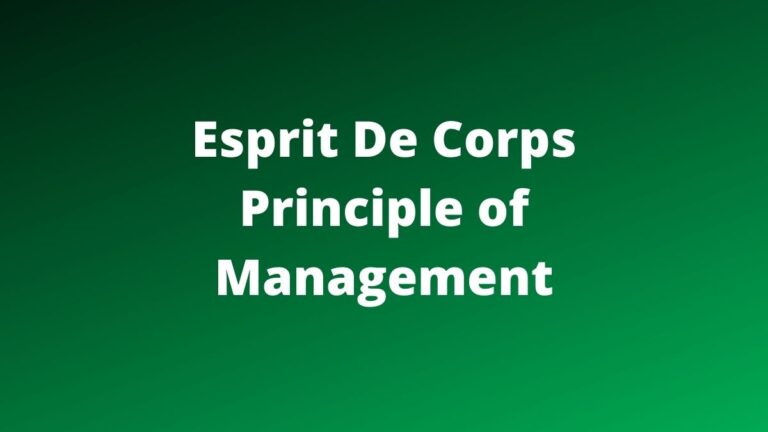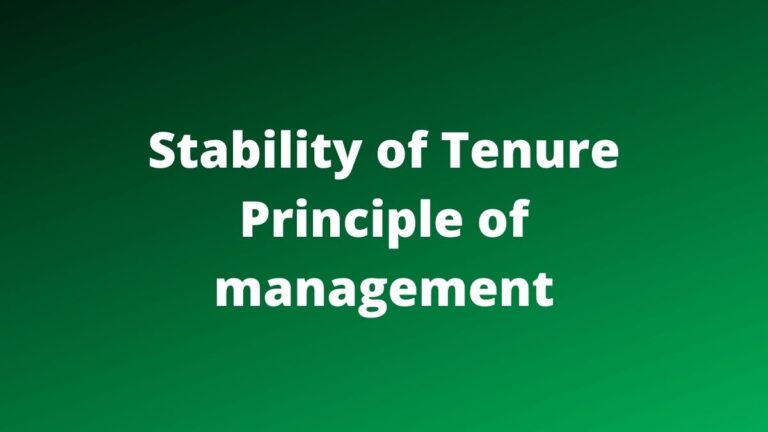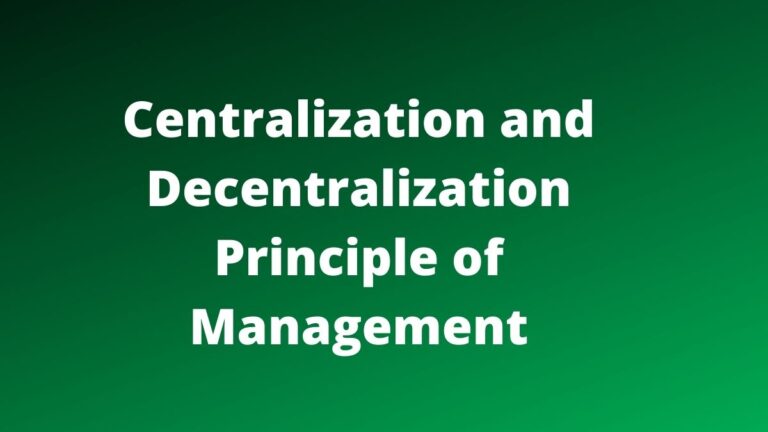10 Key Managerial Roles by Henry Mintzberg in the Organization
What are Managerial Roles? Managerial roles or management roles refer to the tasks, duties, or responsibilities to be performed by managers at different levels in the workplace. These roles define what managers need to do in the organization as being the managers. What roles a manager has to do and what does not depends upon…
